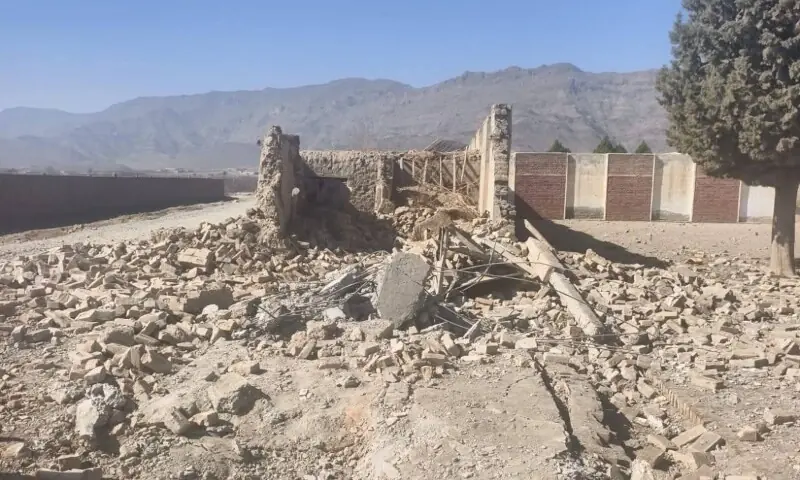
Introduction
In a significant development on May 29, 2025, India firmly rejected Pakistani Prime Minister Shehbaz Sharif’s renewed call for dialogue on critical bilateral issues, including the Indus Waters Treaty, terrorism, and the Kashmir dispute. This decision underscores the persistent strain in India-Pakistan relations and highlights the complexities surrounding regional diplomacy in South Asia.
India’s Stance on Dialogue
India’s Ministry of External Affairs issued a statement emphasizing that meaningful dialogue with Pakistan cannot proceed until Islamabad takes “concrete and effective measures” to dismantle terrorist infrastructure operating from its territory. The Indian government reiterated its long-standing position that terrorism and dialogue cannot coexist, asserting that Pakistan must demonstrate a genuine commitment to counterterrorism efforts before any diplomatic engagement can resume.
This response came after Prime Minister Shehbaz Sharif expressed Pakistan’s willingness to engage in talks to resolve longstanding issues. However, India’s firm stance indicates a lack of confidence in Pakistan’s assurances and a demand for tangible actions rather than mere rhetoric.
Suspension of the Indus Waters Treaty
One of the critical points of contention is the status of the Indus Waters Treaty, a water-sharing agreement brokered by the World Bank in 1960. Following the Pahalgam terror attack on April 22, 2025, which India attributes to Pakistan-based militants, New Delhi suspended the treaty, citing national security concerns. The suspension has significant implications for both countries, particularly Pakistan, which relies heavily on the Indus River system for agriculture and daily water needs.
India’s decision to suspend the treaty serves as a strategic move to pressure Pakistan into taking decisive action against terrorist groups. It also reflects India’s growing willingness to leverage economic and environmental tools in its foreign policy arsenal.
The Kashmir Dispute Remains Unresolved
The Kashmir issue continues to be a flashpoint in India-Pakistan relations. Pakistan views the region as a disputed territory and has consistently called for international mediation and a plebiscite to determine its status. Conversely, India maintains that Jammu and Kashmir is an integral part of its sovereign territory and opposes any external intervention.
Recent developments, including the revocation of Article 370 in 2019 and subsequent administrative changes, have further complicated the situation. Pakistan’s attempts to bring international attention to the issue have met with limited success, as many countries view it as a bilateral matter to be resolved through direct negotiations.
International Reactions and Implications
The international community has expressed concern over the escalating tensions between the two nuclear-armed neighbors. While countries like the United States and China have urged restraint and dialogue, they have also emphasized the importance of concrete actions to combat terrorism.
The suspension of the Indus Waters Treaty has raised alarms about potential humanitarian and environmental consequences. Water scarcity is already a pressing issue in the region, and any disruption in water sharing could exacerbate existing challenges, leading to increased instability.
Economic and Security Considerations
Beyond the immediate diplomatic fallout, the strained relations have broader economic and security implications. Cross-border trade, which has historically been limited, faces further setbacks. Additionally, heightened military alertness along the Line of Control increases the risk of skirmishes and unintended escalations.
Both countries are also grappling with internal challenges. Pakistan faces economic difficulties and political unrest, while India is dealing with its own set of domestic issues. The lack of dialogue hampers the ability to address shared concerns, such as climate change, regional security, and public health crises.
Conclusion
India’s rejection of Pakistan’s call for dialogue marks a significant moment in the ongoing saga of their bilateral relations. The insistence on concrete anti-terrorism measures before any talks can resume highlights the deep mistrust and divergent priorities that characterize their interactions.
For lasting peace and stability in South Asia, both nations must find common ground and demonstrate genuine commitment to addressing core issues. Until then, the prospects for meaningful engagement remain bleak, and the region continues to navigate a precarious path fraught with challenges.
Note: This article is intended for informational purposes and reflects the situation as of May 29, 2025. For the latest updates, please refer to official government statements and reputable news sources.









